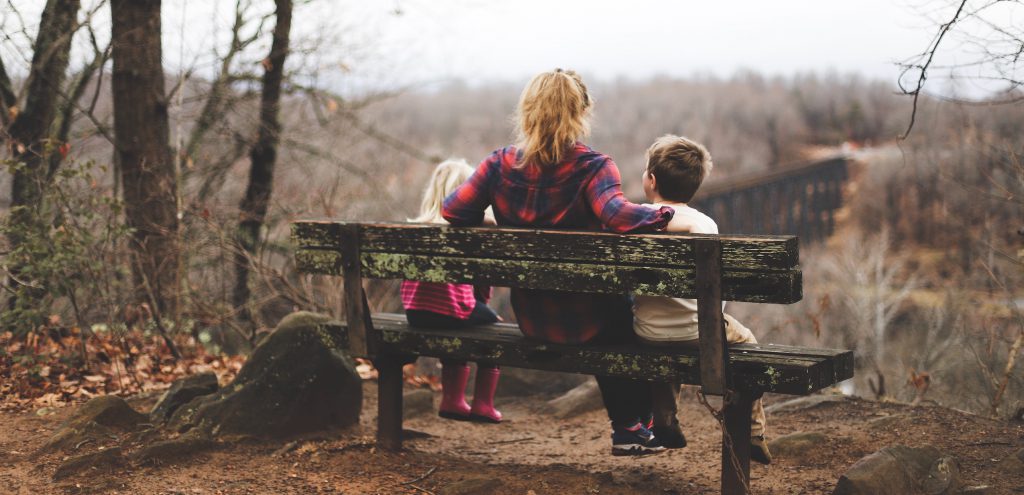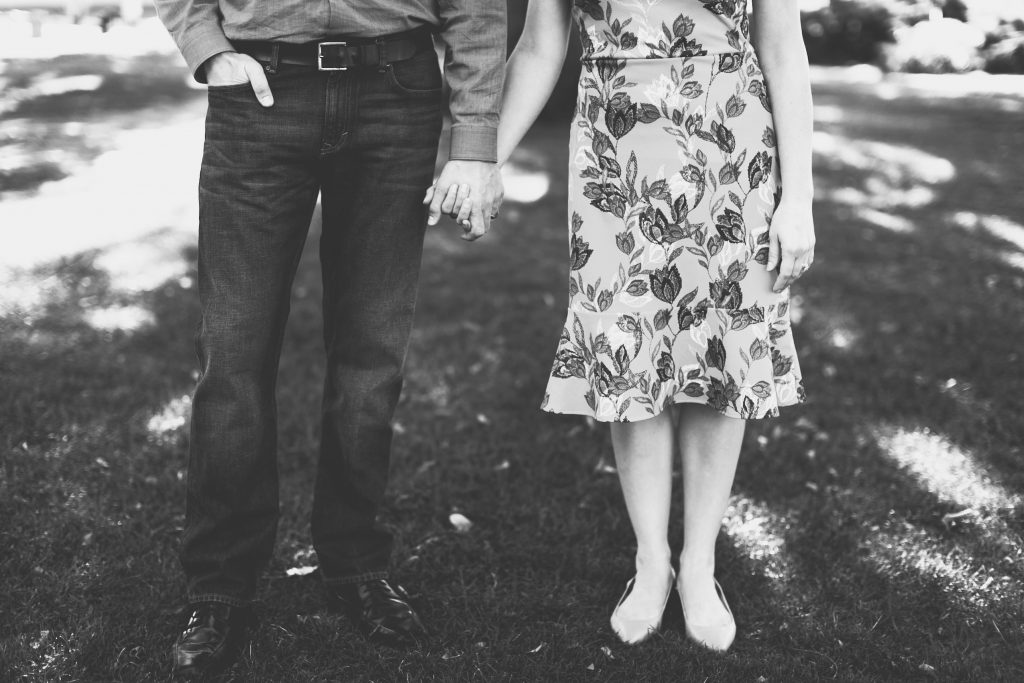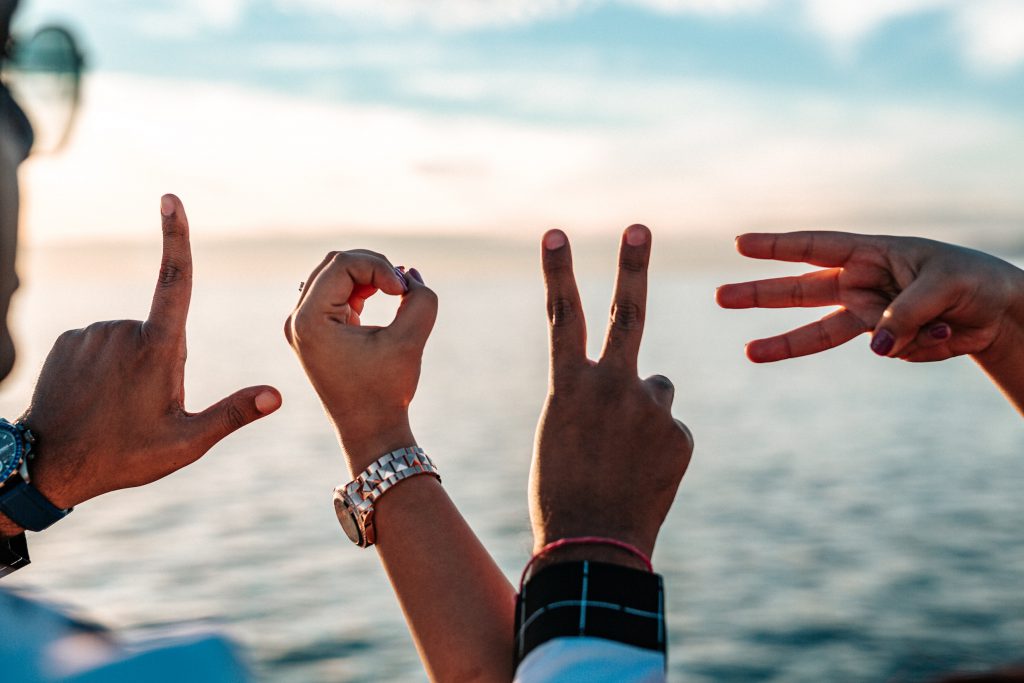The opposite of addiction is connection
While many people consider addiction to be a problem of personal weakness because of an unwillingness or lack of sufficient willpower to stop; experts now think that many people engage in potentially addictive activities to escape discomfort, both physical and emotional.
A new study by Alcohol Concern recently found that parents are much more likely to be dependent drinkers than non-parents. Newspapers published headlines about mothers being more likely to open a bottle of wine than make a cup of tea after the school run.

We thought we would look into some of the thinking about why this is happening.
The results of our research were interesting, to say the least. We think it’s not too much of a stretch to say that they support the Medstars approach to healthcare.
Johann Hari, in a fascinating TED talk on addiction, points out that what is known about addiction dates back to some simple research in the twentieth century. The researchers provided rats in cages with two water bottles, one with plain water, and the other with cocaine- or heroin-laced water. They found that the rats would almost invariably choose the drugged water, and die fairly quickly.
Later, however, a scientist called Bruce Alexander observed that the rats in the study had nothing else to do. He, therefore, provided rats with entertainment and company, as well as the choice of water bottles, and found quite different results. When the rats had something else to do, they were uninterested in the drugs.
In other words, provide an alternative, and addiction doesn’t happen.
Johann Hari, from observations made of addicts, suggested that as humans, we have a deep need to bond.
Under normal, healthy conditions, we bond with each other, making friends, forming relationships. But if we can’t bond with each other for whatever reason—lack of opportunity, social problems—we will find something else to bond with. This is what we call addiction.

This makes sense in the context of the school-run parents. Stay-at-home parents often complain that they’ve spent all day fighting a toddler, without adult interaction. And often, these stay-at-home parents were high-flyers before parenthood.
It’s hard to accept that change, from successful career achiever to small person’s slave. It’s even harder to admit that you’re finding it hard. Feeling unable to be honest with friends can be isolating too.
It’s easy to see why you might bond with alcohol, instead of people.
Hari took a leap and suggested that the opposite of addiction might, therefore, be connection.

Perhaps, he suggested, making connections, and helping addicts to build their own networks of connections, was crucial to helping them to recover. It’s a radically different approach to addiction—no punishment, but an approach that supports and encourages change and human relationships—but it could work.
Relationships, in other words, could be fundamental to good health. It is a good healthcare practitioner who realises that and acts upon it in their practice.
Medstars Medical Concierge Service
Looking for extra guidance when it comes to your healthcare? Sometimes interpreting medical information and making the best decisions can be daunting and complicated. Our private medical concierge service provides easy access to top UK health experts. We guide our patients with genuine choice and trust, offering a bespoke service for anyone in the world seeking private UK healthcare. Learn more about Medstars Medical Concierge Service. Want to learn more about providing our medical concierge service as an employee benefit? Learn more about Medstars Medical Concierge for Business.
